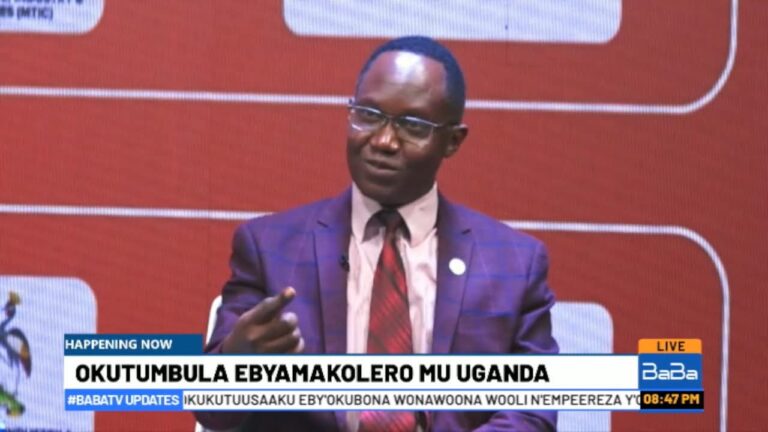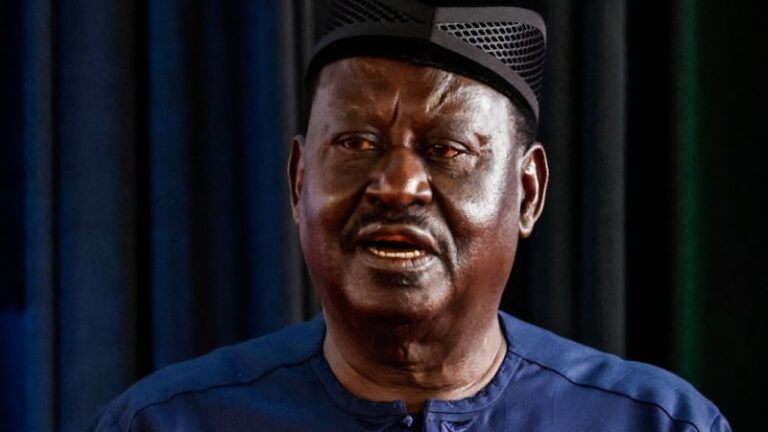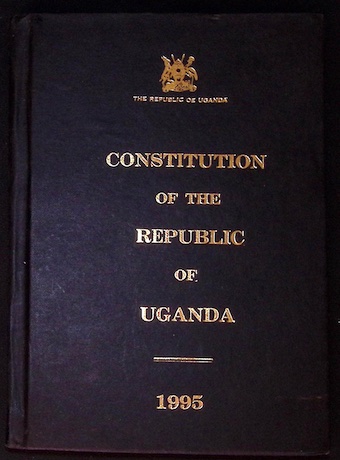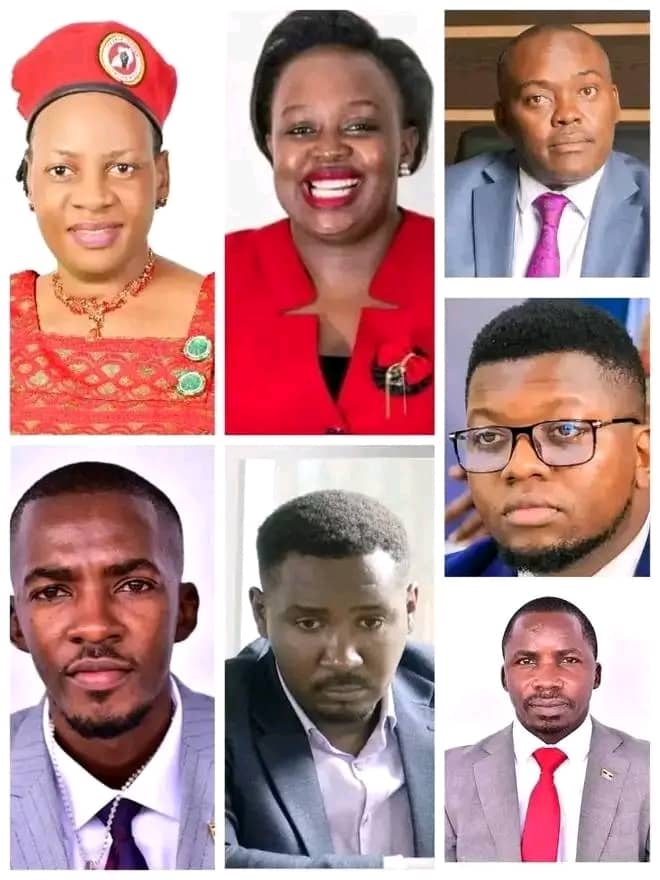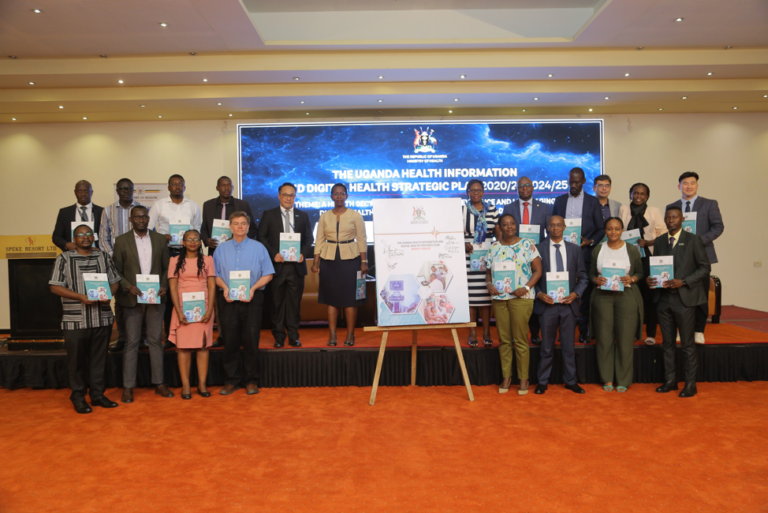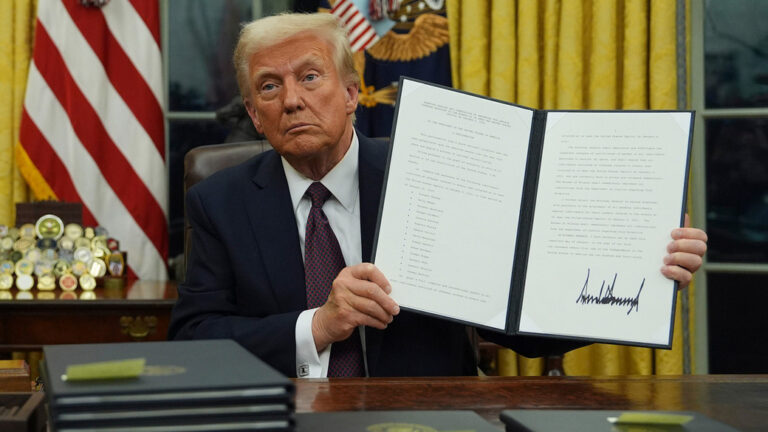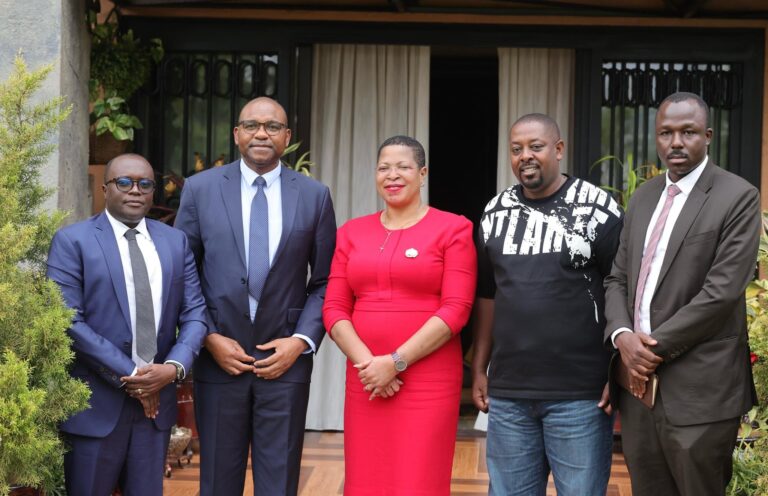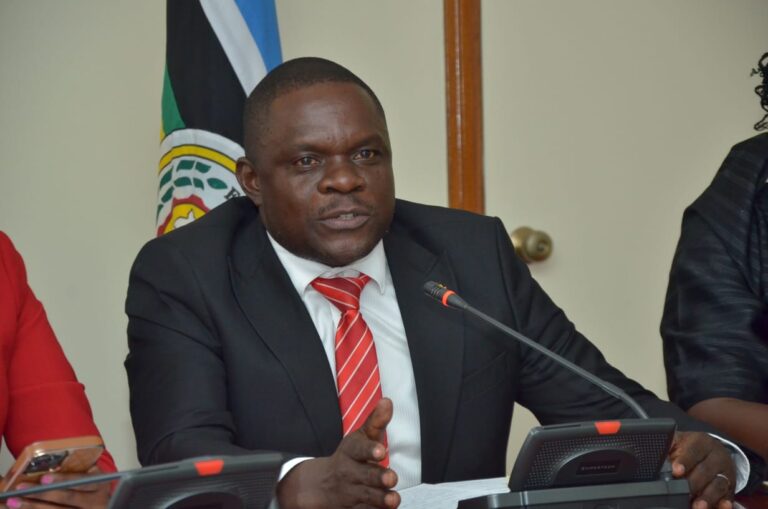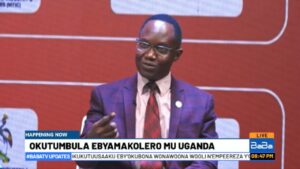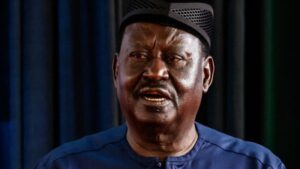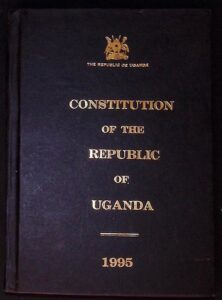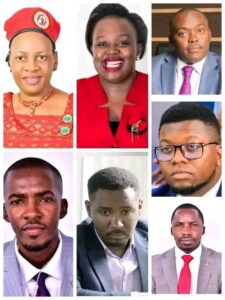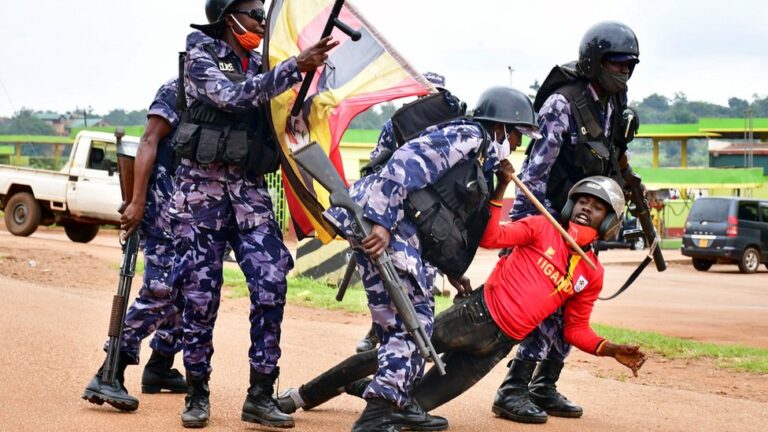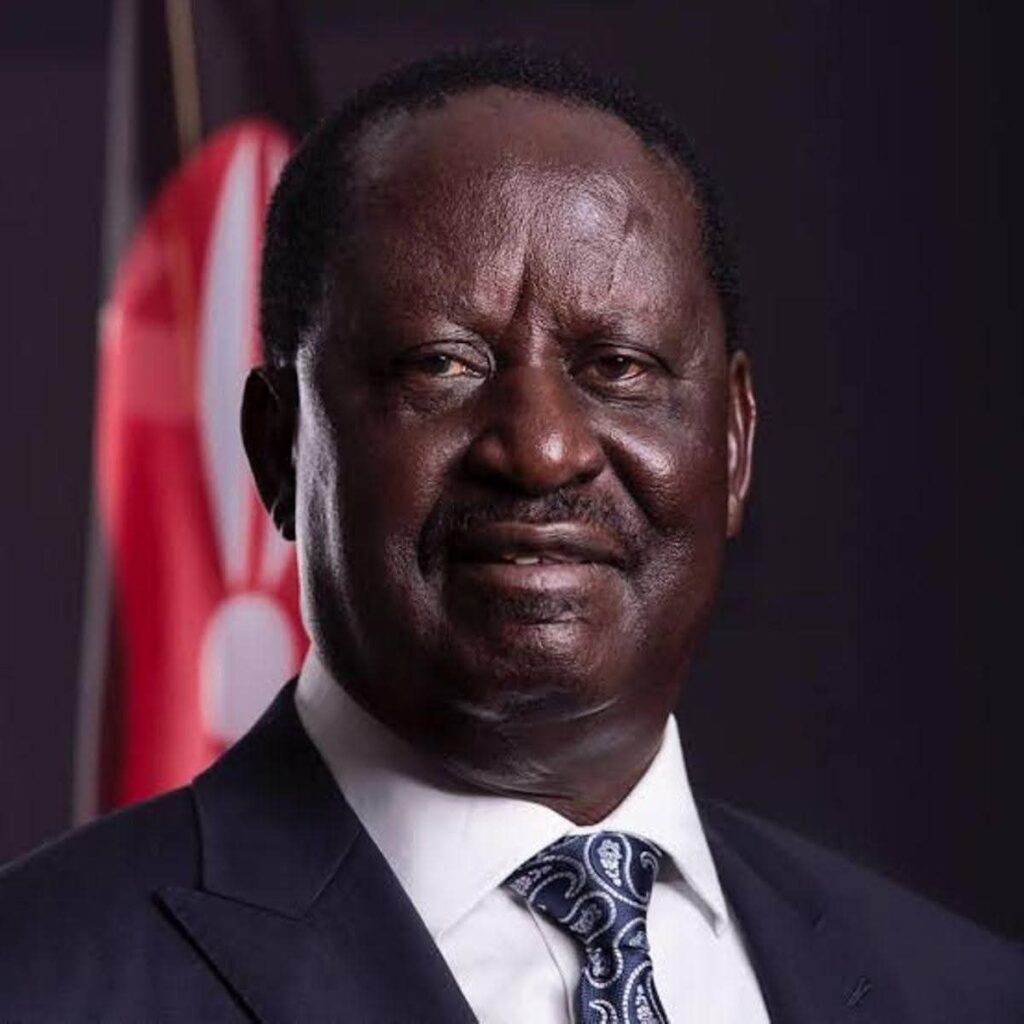
✍️By Bakinyumya Douglas Paapa Ov Uganda
20th /October /2025
Raila Amolo Odinga a name synonymous with resilience, reform, and relentless political pursuit remains one of Kenya’s most iconic yet paradoxical figures. Born on 7th January 1945 in Maseno, Kisumu District, to the late Jaramogi Oginga Odinga and Mary Juma Odinga, Raila’s story is one of unbroken struggle a saga of ideals, betrayals, and unfinished dreams.
For over five decades, Odinga shaped Kenya’s political evolution from the era of one-party dominance to the dawn of multi-party democracy and the fragile coalitions that followed. To many, he is “the president Kenya never had.” To others, he is the ultimate political tactician a dealer-man who mastered the art of survival in a turbulent political sea.
From Detention to Defiance: The Making of a Rebel
In 1982, Raila Odinga was arrested and detained without trial for six years over allegations of involvement in a failed coup against President Daniel Arap Moi’s regime. His incarceration turned him into a symbol of resistance and sacrifice. When he walked free in 1991, he joined the loud calls for multi-party democracy that eventually reshaped Kenya’s political landscape.
An academic and engineer by training, Odinga could have spent his years calibrating turbines and lecturing in classrooms, but destiny had other plans. In July 1970, he held his first press conference pleading for his father’s release from detention marking the beginning of a lifetime in politics.
The Politics of Betrayal and Coalition Games
In 1997, Odinga contested for the presidency under the National Development Party (NDP) and finished third a respectable position that cemented him as a national contender. Later, he merged with President Moi’s KANU, becoming its Secretary General, a move seen as a gamble aimed at positioning himself for succession.
But Moi, the master tactician, had other plans. He chose Uhuru Kenyatta, son of Kenya’s founding president, as his heir a decision that Raila perceived as betrayal. His response was swift yet silent. He defected from KANU, returned to the opposition, and built a new political front that would soon redefine Kenya’s democracy.
In 2002, Odinga led the National Rainbow Coalition (NARC) and famously declared “Kibaki Tosha!”, endorsing Mwai Kibaki for the presidency. The move ended KANU’s four-decade grip on power. But once victory was achieved, Odinga was sidelined. Promised the position of Prime Minister, he was instead handed a mere ministerial post.
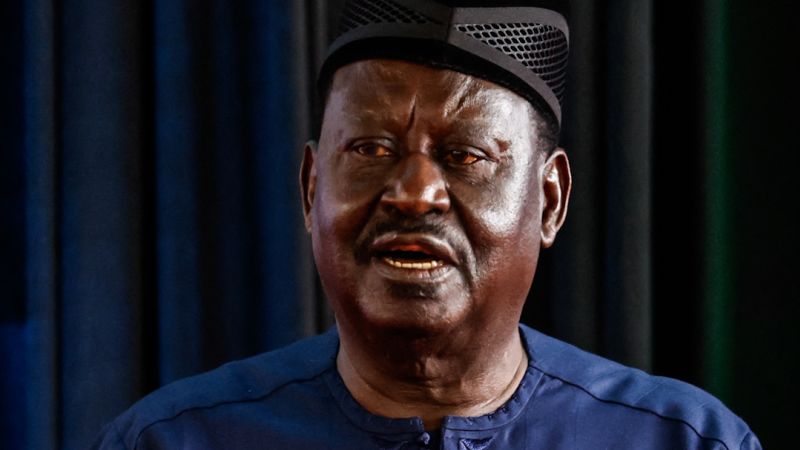
That betrayal led to the 2005 constitutional referendum, where Raila’s “Orange” faction crushed Kibaki’s “Banana” camp giving birth to the Orange Democratic Movement (ODM), a political force that still dominates opposition politics in Kenya.
2007: Blood, Ballot, and the Price of Power
The 2007 general election marked one of Kenya’s darkest chapters. Odinga’s ODM dominated Parliament, but the presidential tally ended in chaos. Odinga claimed victory was stolen. The country descended into post-election violence over 1,000 people were killed, and hundreds of thousands displaced.
Under international mediation led by Kofi Annan, a peace deal was reached. Odinga accepted the role of Prime Minister in a grand coalition government with Mwai Kibaki a deal he described as “power born of blood, not ballot.”
Though he didn’t capture the presidency, Odinga’s influence became undeniable. His charisma, organizational skill, and capacity to rally millions cemented his place as the centre of Kenya’s opposition politics for decades.
A Legacy of Hope and Doubt
Raila Odinga’s political career is a mosaic of victories, compromises, and near misses. He was the architect of reform, yet often entangled in elite bargains. The man who fought for democracy sometimes appeared captive to its imperfections.
He built bridges literally and politically yet watched others cross them to power. His persistence made him the moral compass of opposition politics, but also earned him criticism as a perpetual negotiator rather than a conqueror.
The Vacuum He Leaves Behind
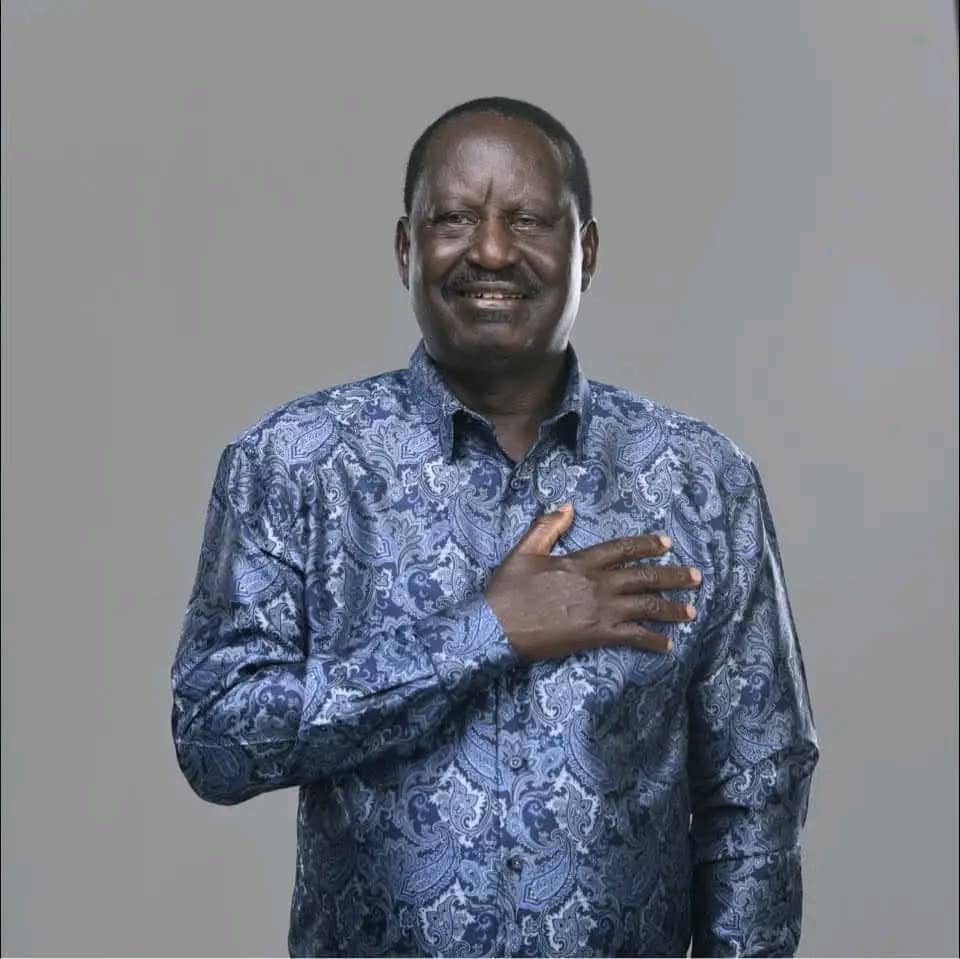
With his passing, Kenya faces a defining question: Has Raila Odinga’s death left the opposition in a leadership vacuum?
His shoes are vast filled with the weight of unfinished business, unfulfilled promises, and untold sacrifices. No single figure has yet emerged to command his level of national respect or to unite Kenya’s fractured opposition.
Was he a “dealer-man politician”? Perhaps. But if dealing was his craft, it was for the pursuit of a vision one where democracy, equity, and unity could coexist. For all his faults, Raila Odinga remains the leader Kenya never had in the State House, yet always had in spirit.
✍️ By Bakinyumya Douglas Paapa Ov Uganda
(Political TV Producer & Host – @BDouglasPaapa


